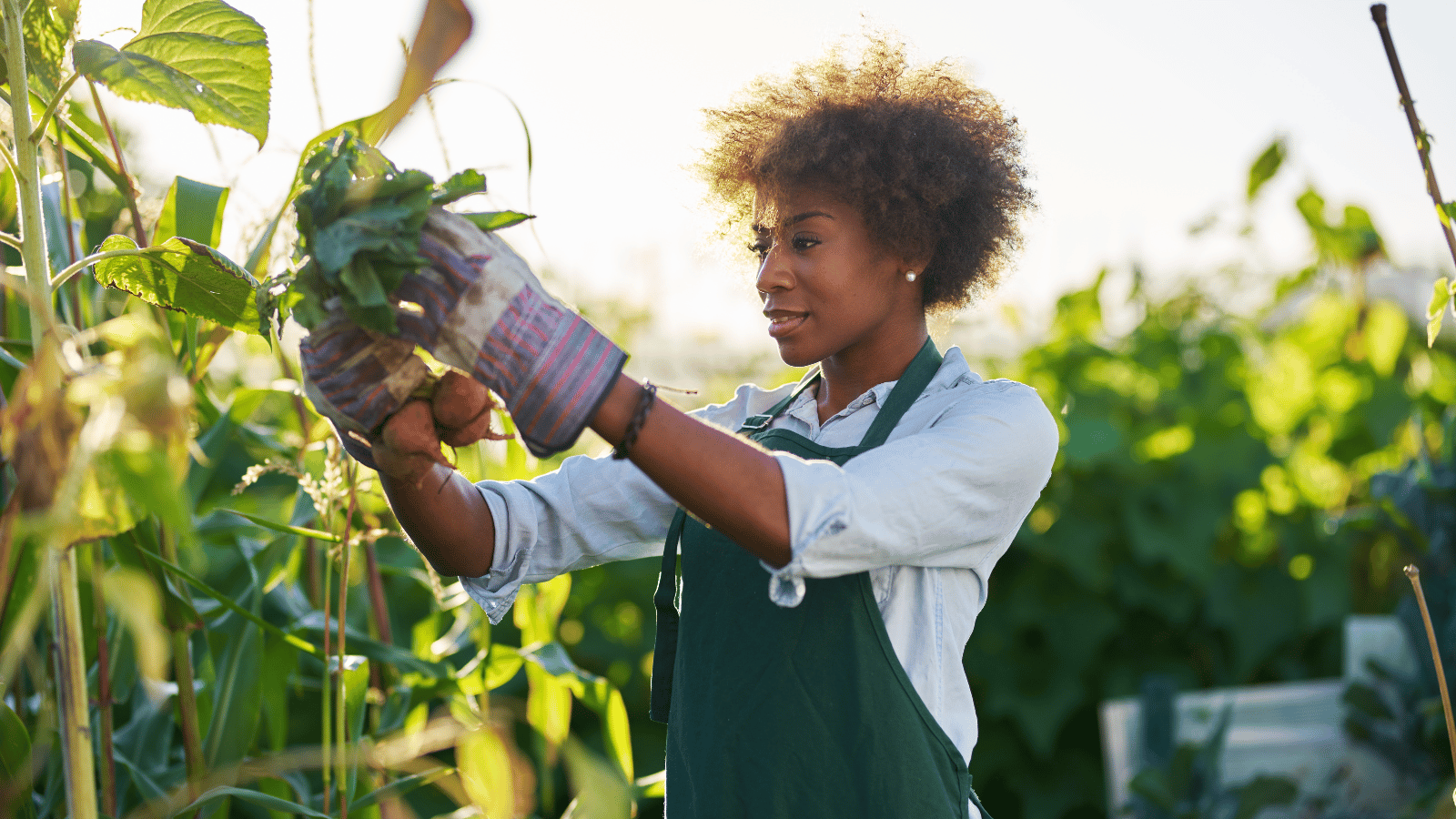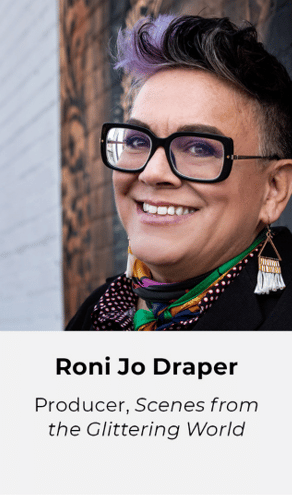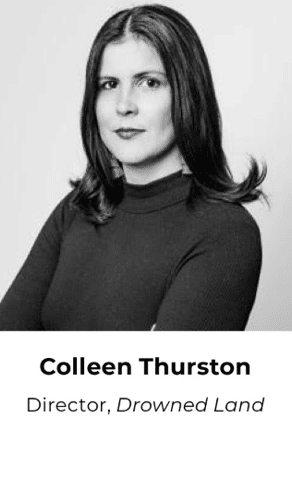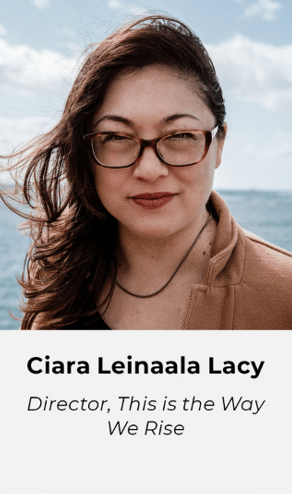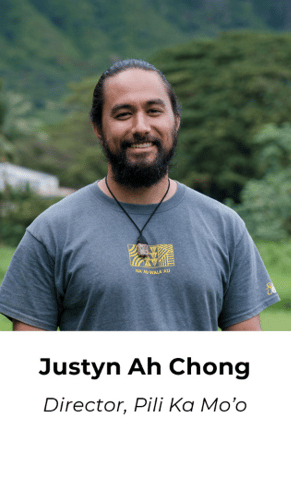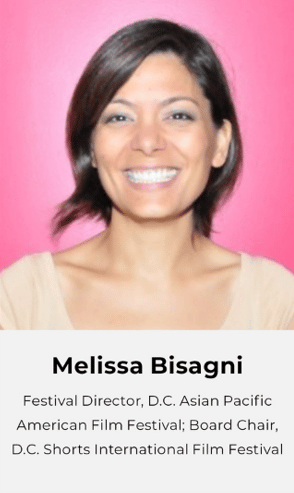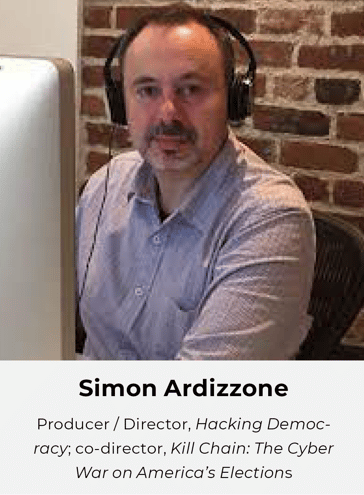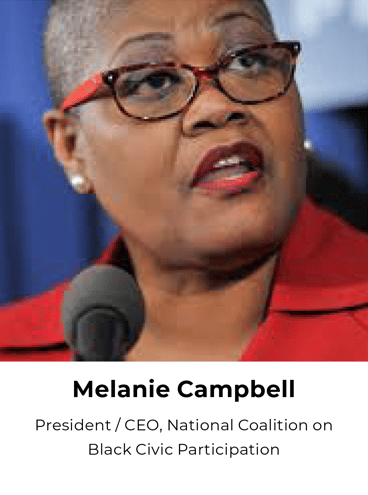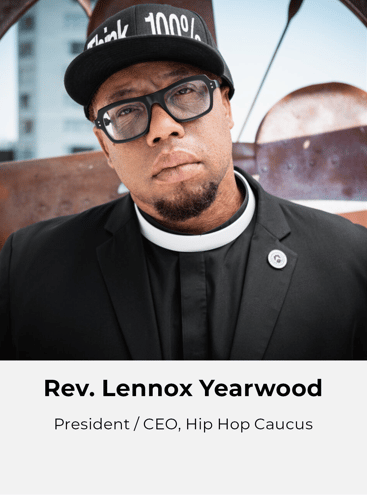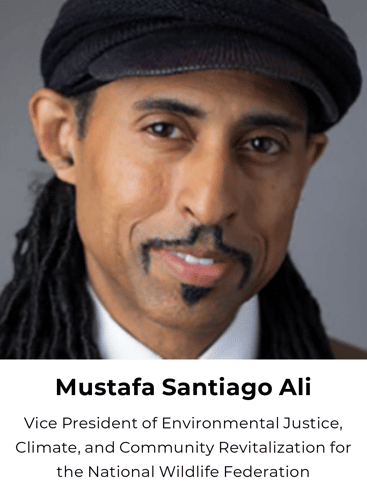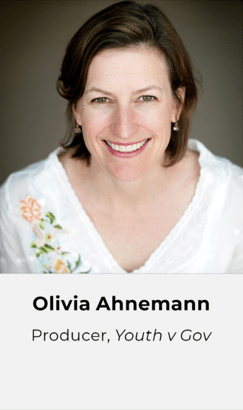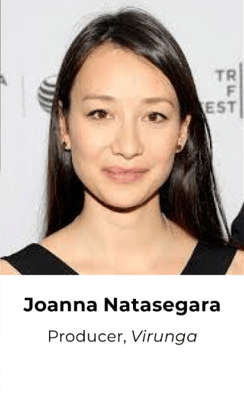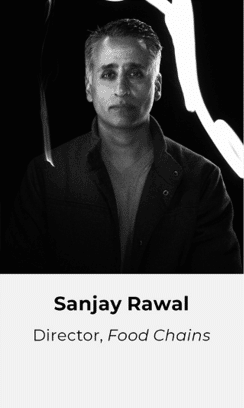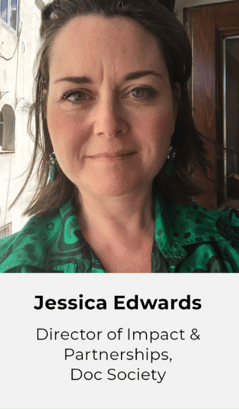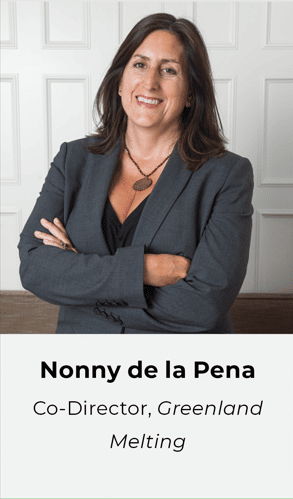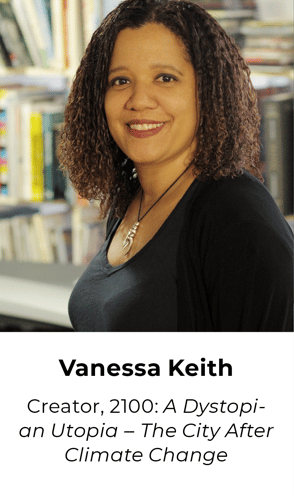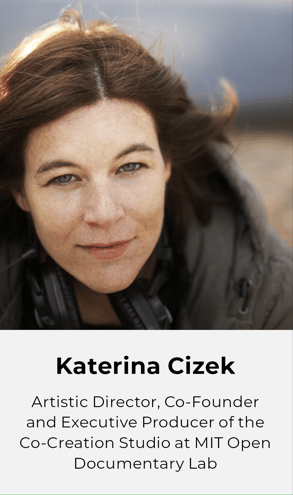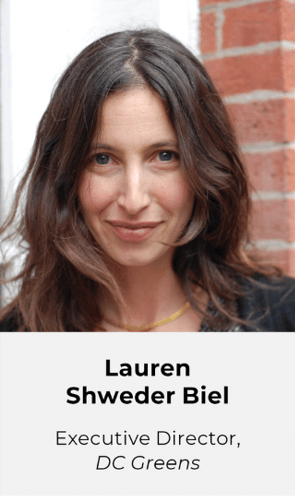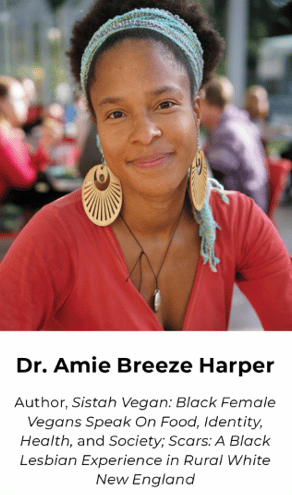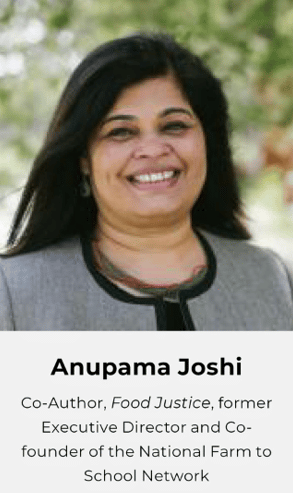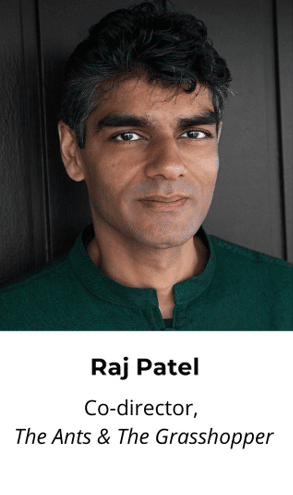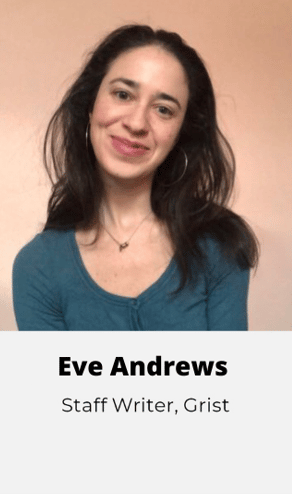DCEFF30:
The Forum
In celebration of the Festival’s 30th anniversary, DCEFF introduced The Forum, a program that creates a unique space for leading thinkers and advocates to come together with filmmakers and the media industry to address the most important environmental issues of our day.
Climate Change Through the Years
Click to Watch
Acclaimed filmmakers from past Festival eras reflect on the topic of climate change, past and present. What was the context in which they made their films, and what has since changed? How have their films shaped the conversation, and perhaps influenced minds and instigated change? What do they see as the possibilities and potential of film in shaping our future?
Presented by the Hollomon Price Foundation
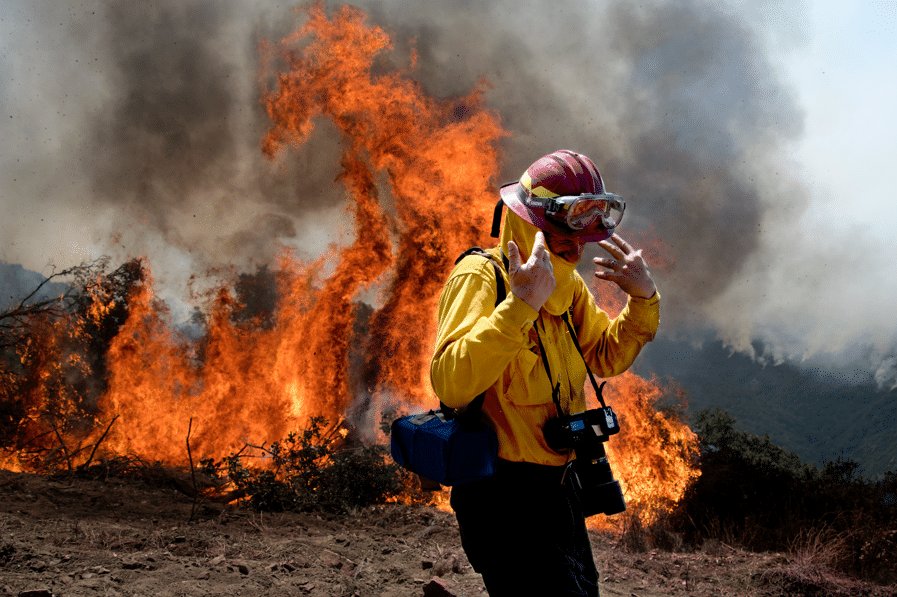
FEATURING
Jennifer Baichwal, James Balog, Louie Psihoyos, and Lucy Walker. Moderated by Gregory McGruder.
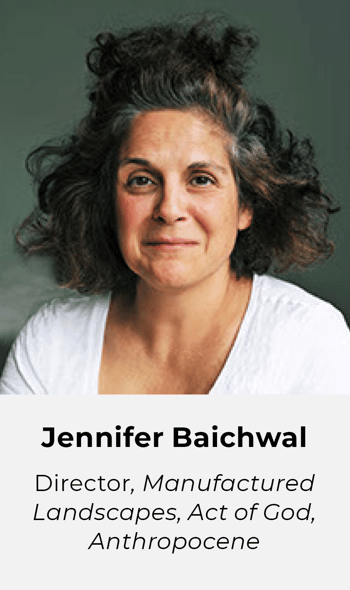
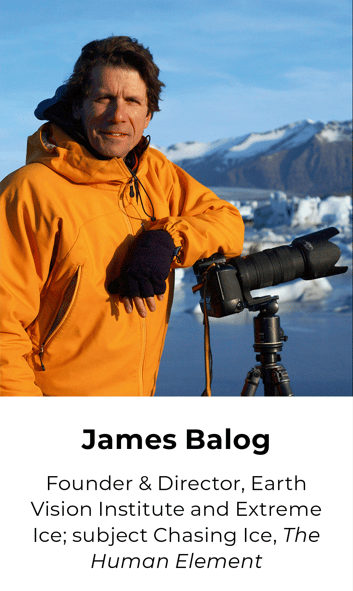
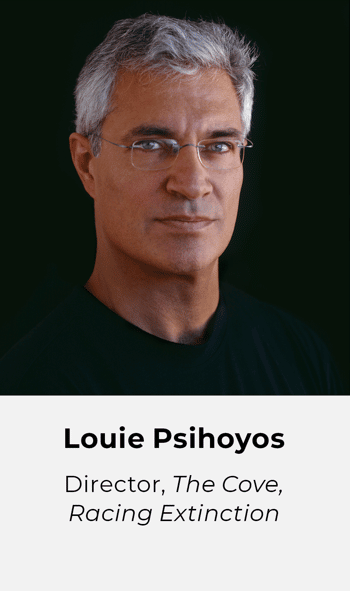
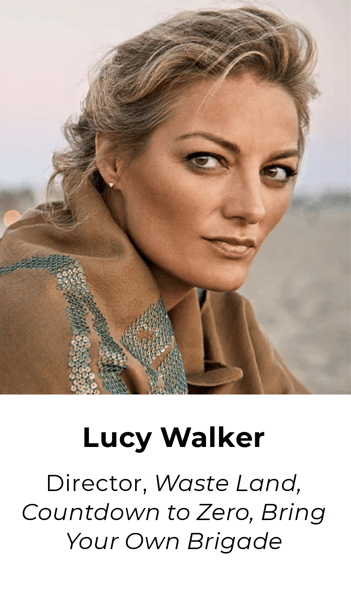
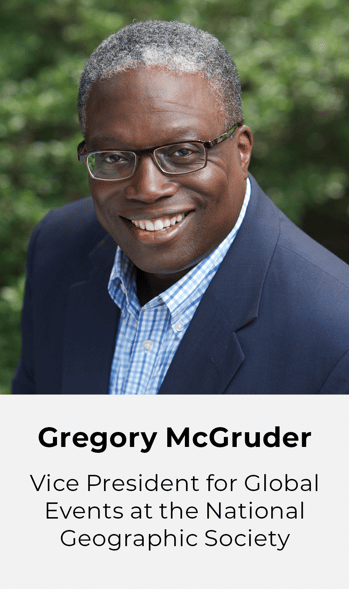
Indigenous Storytellers: Reclaiming the Narrative
Click to Watch
In recent years, questions around representation in film are reaching a fever pitch: who is telling the story, and what is their relationship to the community that they are representing, indigenous or otherwise? Extractive storytelling practices are no longer going unchallenged, while at the same time Indigenous filmmakers are producing more work than ever before, presenting audiences with long-overdue perspectives and voices, and serving as agents of their own personal stories, or of broader Indigenous communities. Meet a few of these remarkable visionary filmmakers whose work was presented at DCEFF30 and learn how Indigenous storytelling is reclaiming the narrative.
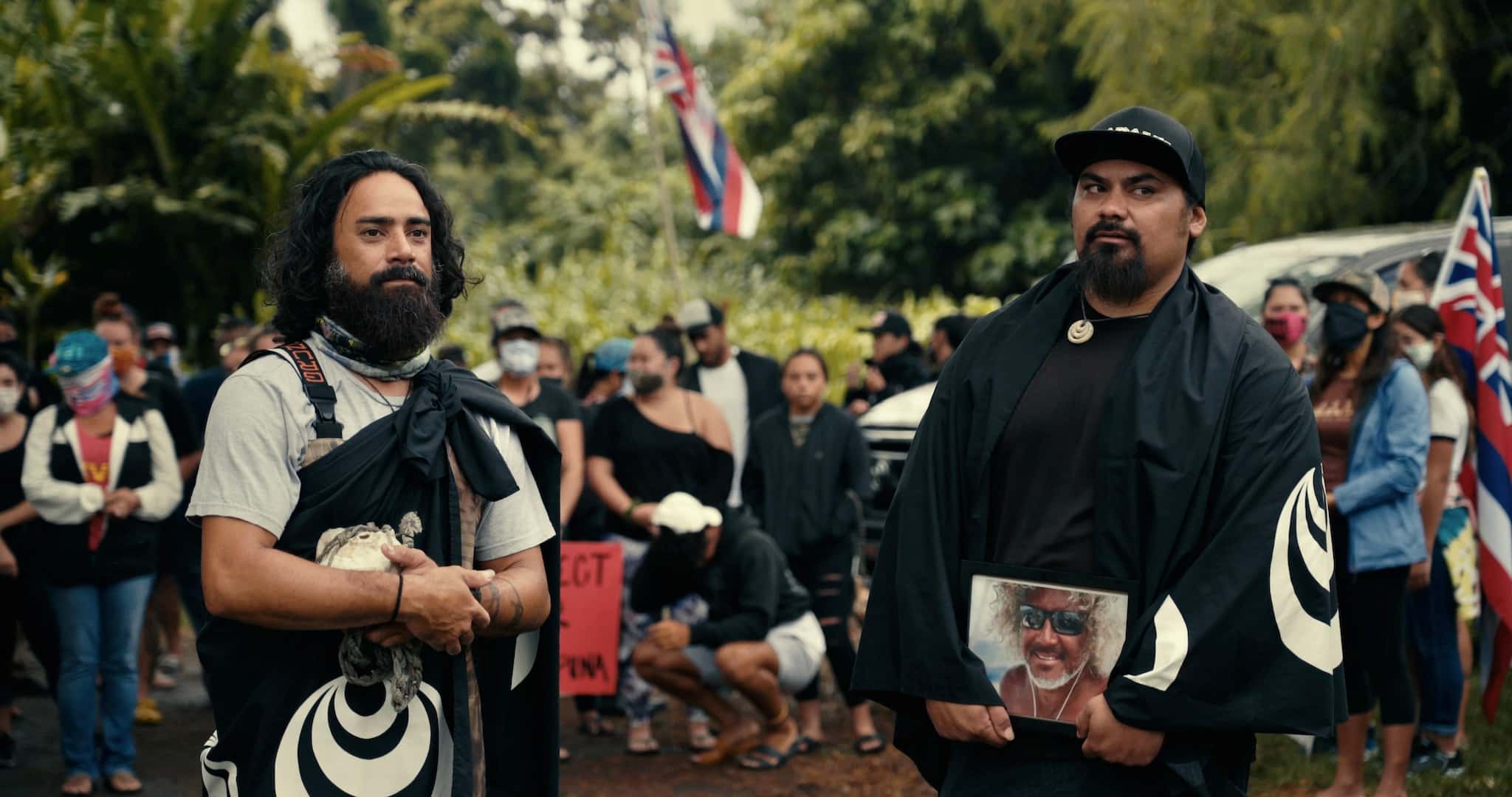
Voting Rights and Climate Justice
Click to Watch
The battle waging over voting rights has enormous stakes not only for the well-being of the country, but for the environment. New election laws proposed in several states that will determine who gets to vote, and how votes are cast and counted, are poised to disproportionately impact low-income communities and communities of color; communities who already bear the brunt of global climate change. At the same time, a new wave of political advocacy is building throughout the United States. People who have been historically relegated to the periphery of environmental policy are resisting systemic silencing. This panel brings together leading advocates and storytellers on the frontlines of this work, who render visible the inextricable links between voting rights and climate justice.
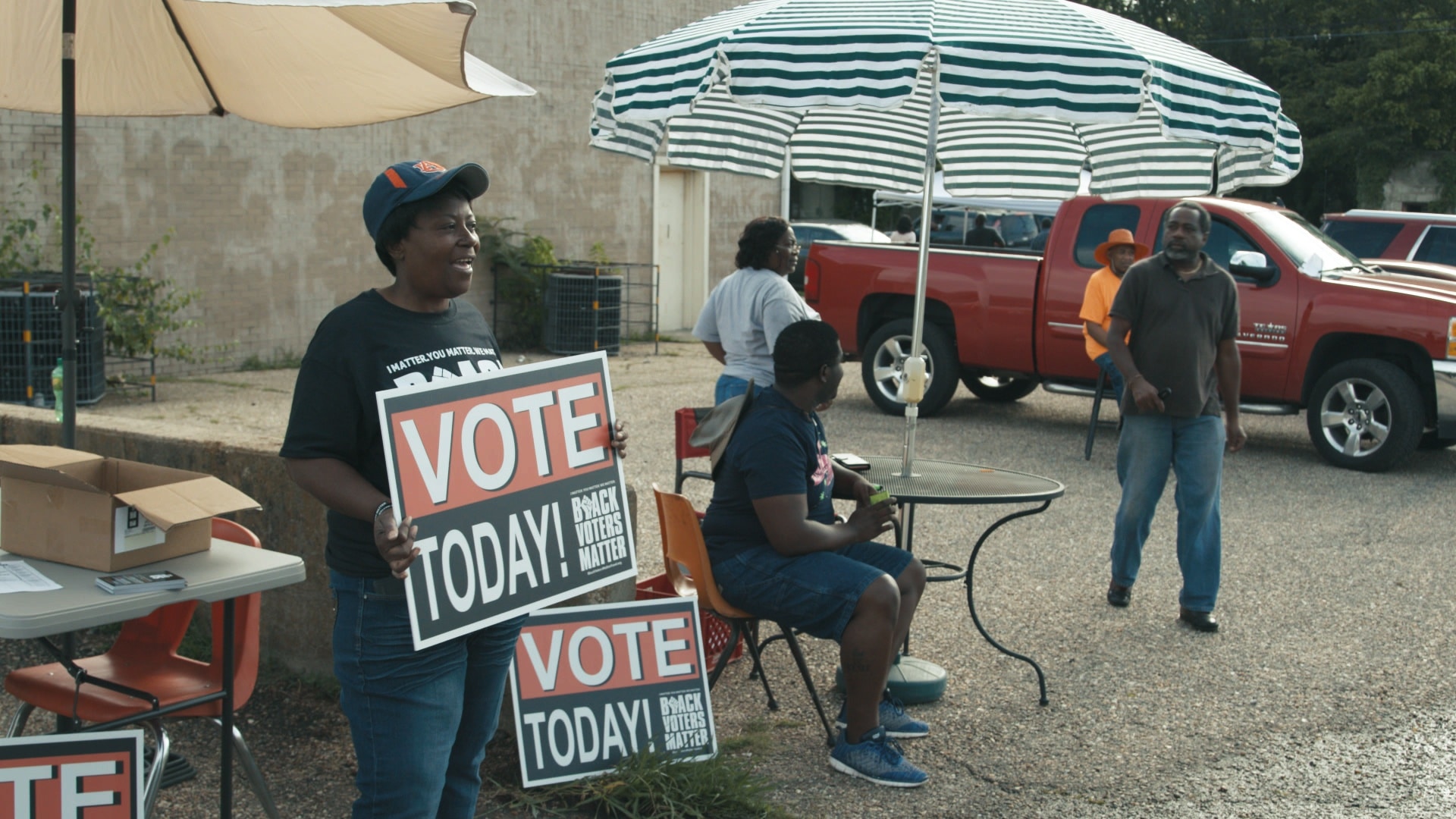
The Big Bang: Films Making Impact
Click to Watch
There is no issue more pressing than the future health of our planet. For the past 30 years film has proven a remarkably effective tool for communicating the complexity and urgency of climate change, and for galvanizing audiences to become agents of change. The power of film to generate impact is rarely coincidental, but rather the result of ambitious, meticulously designed strategies implemented over months, sometimes years, occasionally decades. This panel explores the thoughtful impact strategies of four influential films – all featured in past editions of DCEFF – that tackle a wide range of environmental issues.
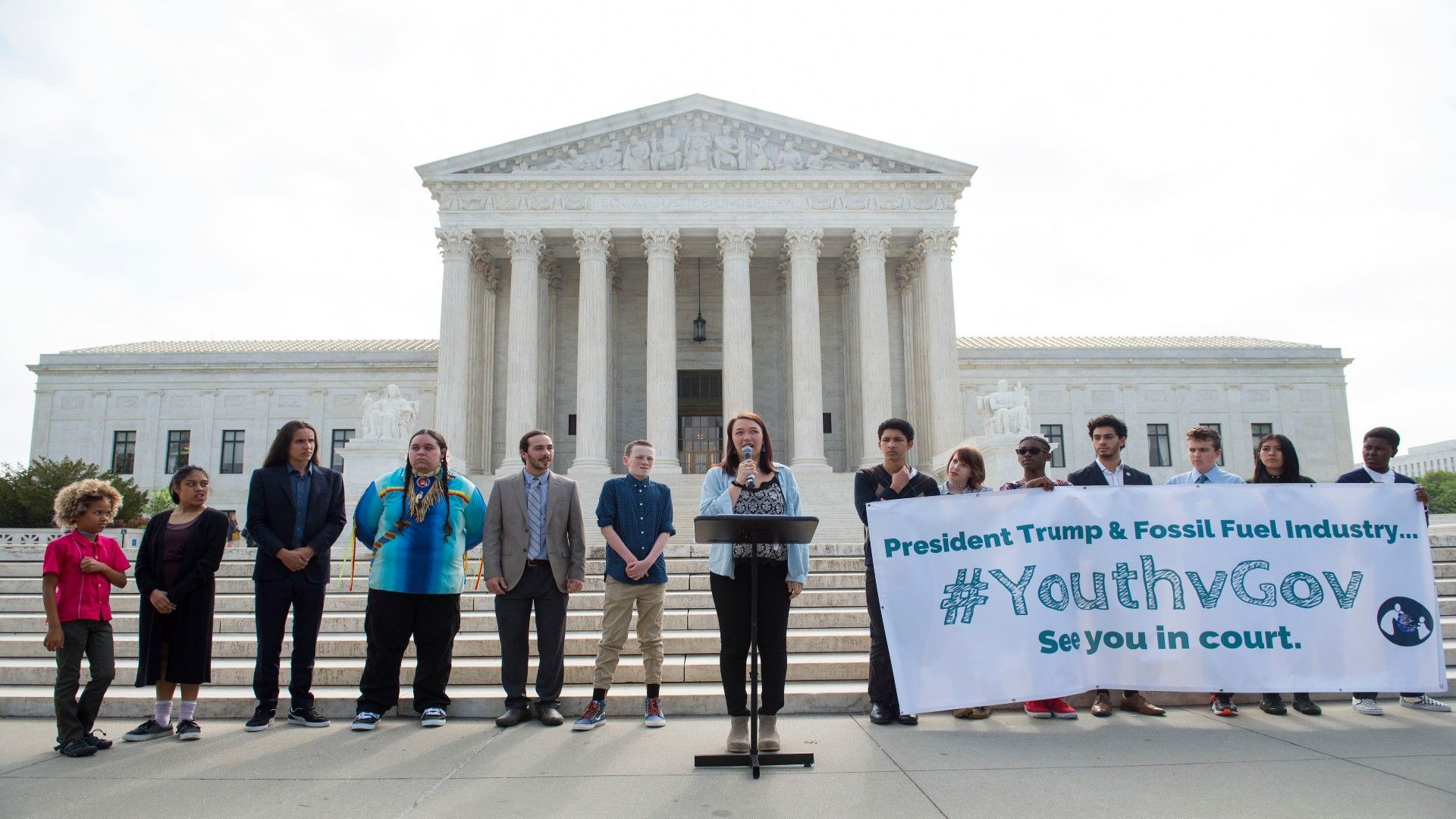
The New Frontier of Climate Change Storytelling
Click to Watch
Some of the most innovative work in climate change visual storytelling is taking place not on a movie screen, but in the realms of virtual reality, augmented reality, and multi-player gaming. It is here where the people formerly known as the audience are being transformed into active users, and where creators are hoping that the immersive nature of these new technologies will generate empathy and transform how we engage with this urgent issue. Meet the creators of some of the most celebrated VR/AR projects available today.
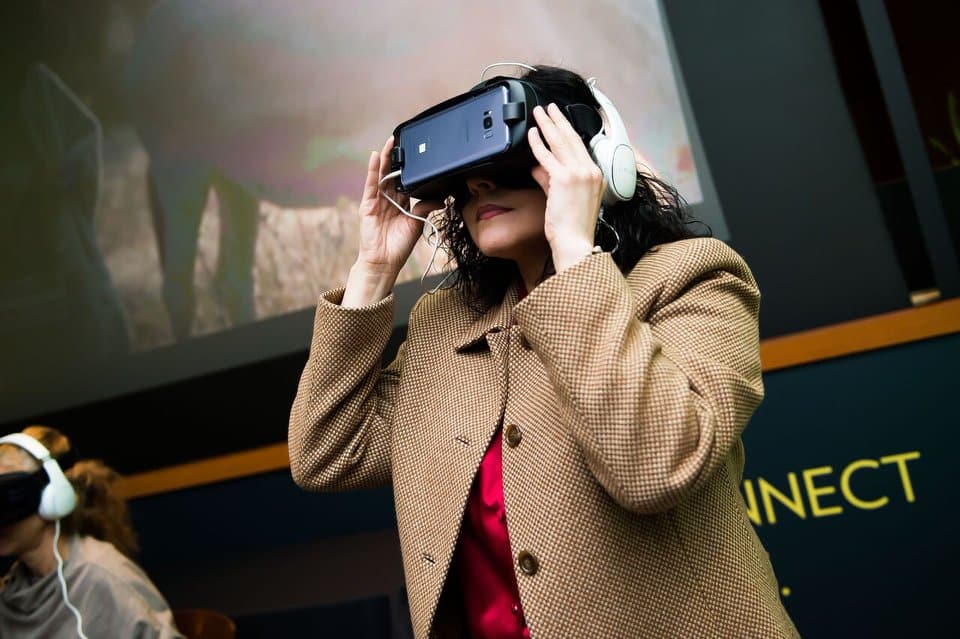
Food Justice: Past, Present, and Future
Click to Watch
With its roots in the civil rights era, the modern food justice movement emerged in the mid-90s in response to regional food insecurity. Its aim was deceptively simple: to provide affordable, nutritious food to all Americans. While the pandemic has revealed its weaknesses, it has also created an opportunity to reimagine what food systems could be like if they were to be justly transformed. This panel will situate the food justice movement in this current moment, shine a light on the important work being done by activists today, and point us in the direction of the movement’s future.
